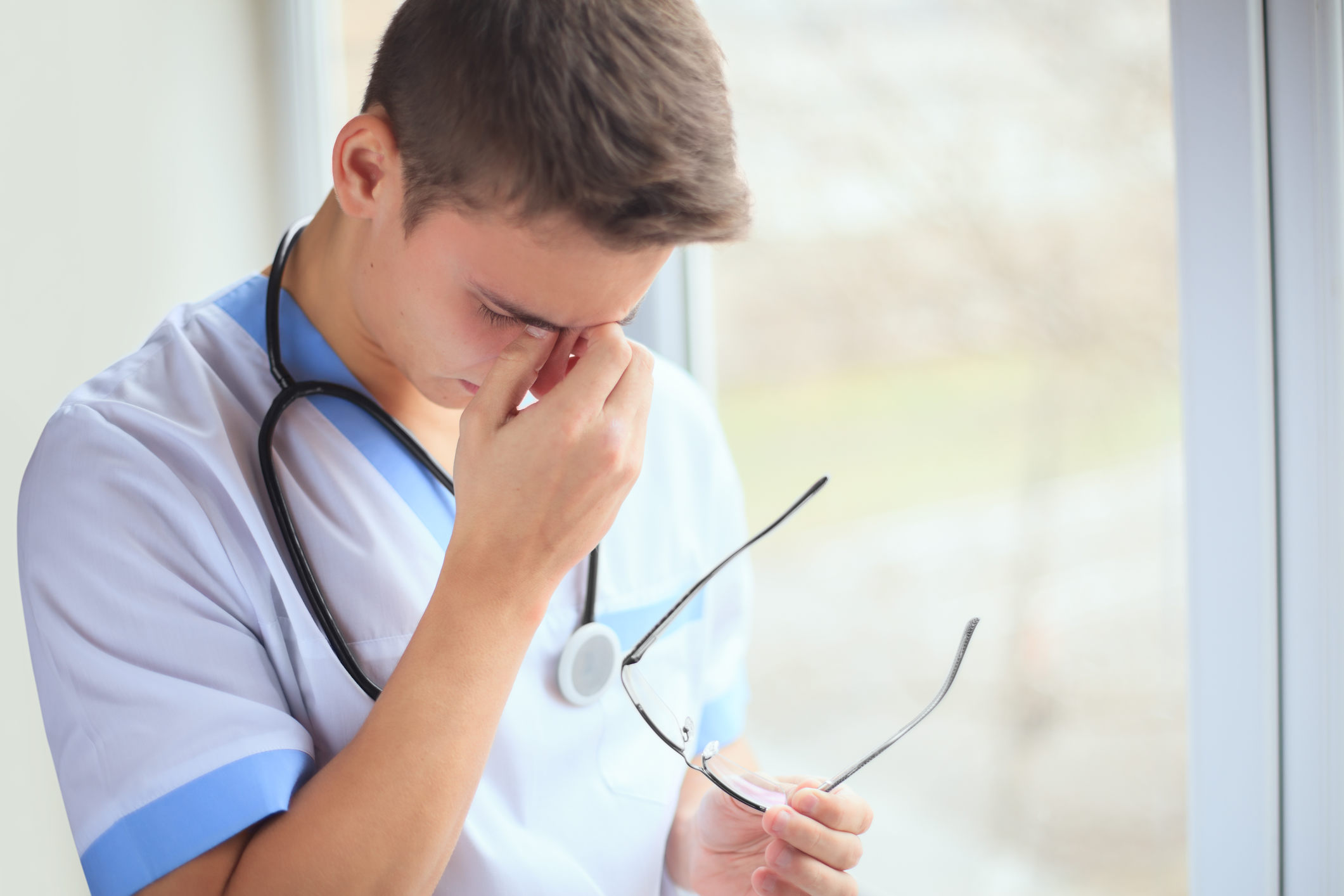Australia’s peak medical body says the nation’s general practitioners have been undervalued by successive governments, with the country now paying the price for “decades of neglect”.
The Australian Medical Association is calling for an overhaul in how investment in health care is framed, releasing a report linking health outcomes for Australians to economic growth and productivity.
AMA president Steve Robson told the National Press Club the lack of graduate doctors choosing to become GPs was “a key issue for the country”.
“Australians are now experiencing the consequences of decades of neglect to general practice by successive governments,” he said.
“We have to say we value it, and one of the messages that successive governments have delivered to GPs is ‘we don’t value you’.
“Making sure that our jobs are not in a situation where to actually turn a living you have to see patient after patient … but funded in such a way that you can actually sit down and spend time with a patient.”
Professor Robson said research showed Australia was likely to experience a shortage of more than 10,000 full-time general practitioners.
“Australian general practice training program hasn’t been able to fill its training places for years after the Abbott government cut the key programs that actually encourage young doctors to take up GP training,” he said.

Prof Robson said Australia was spending billions on a “sickcare” system that is failing to prevent chronic disease.
“Our current approach to investing in and managing health is focused very much on treating poor health outcomes, not preventing them,” he said.
“We need to reframe our thinking and focus more on how the money we invest in health care can improve health outcomes and support economic growth … keeping people healthy reduces the costs.”
The report found that while Australia had a high life expectancy compared to other developed countries, it lagged behind in prevention of chronic disease and access to timely care.
“Patients are now waiting longer than ever for care, due to health workforce shortages, increased demand for care and a backlog greatly worsened by the COVID-19 pandemic,” the report said.
Bolstering general practice, which is described in the report as the cornerstone of a high-quality and equitable system, is part of the AMA’s blueprint for shifting Australia to holistic health care.
“A well-funded and resourced general practice sector is pivotal to improving the health outcomes of individuals and communities and can create significant savings through better care, greater efficiency and reducing the burden on other more expensive parts of the healthcare system,” the report read.
More than $21 billion would be saved over four years by investing in primary care for people aged over 65 and aged care residents, through preventing hospital admissions.
The report found public hospital elective surgery waiting lists were costing the economy about $4.6 billion each year.
Australia spent $247.4 billion on health in the 2020/21 financial year.
A tax on sugar-sweetened drinks would reduce consumption by almost a fifth, which is up to 43,804 tonnes of sugar, and raise revenue of up to $749 million each year.
Reducing chronic diseases would save up to $1.73 billion in health spending.
Do you have an opinion to share? Submit a Letter to the Editor at Sunshine Coast News via news@sunshinecoastnews.com.au. You must include your name and suburb.





